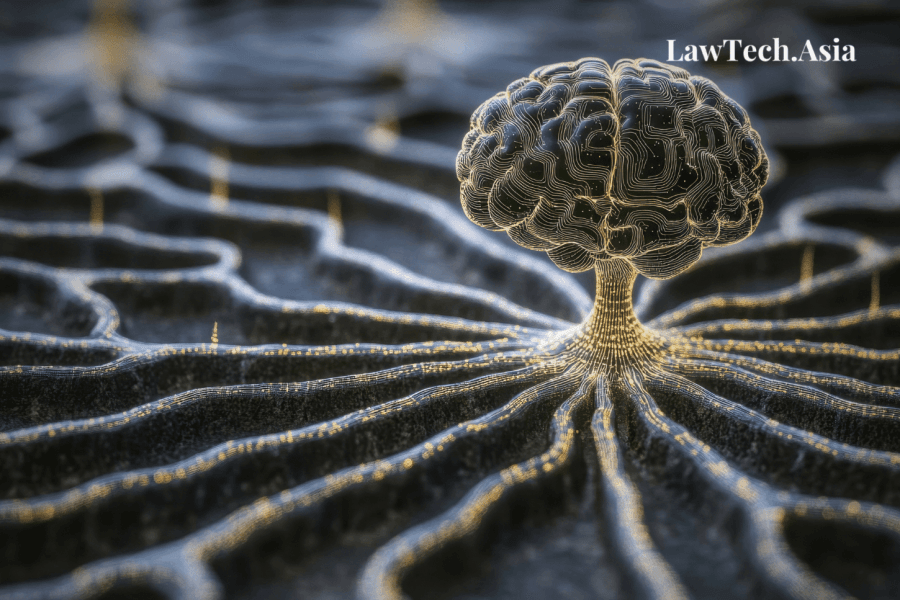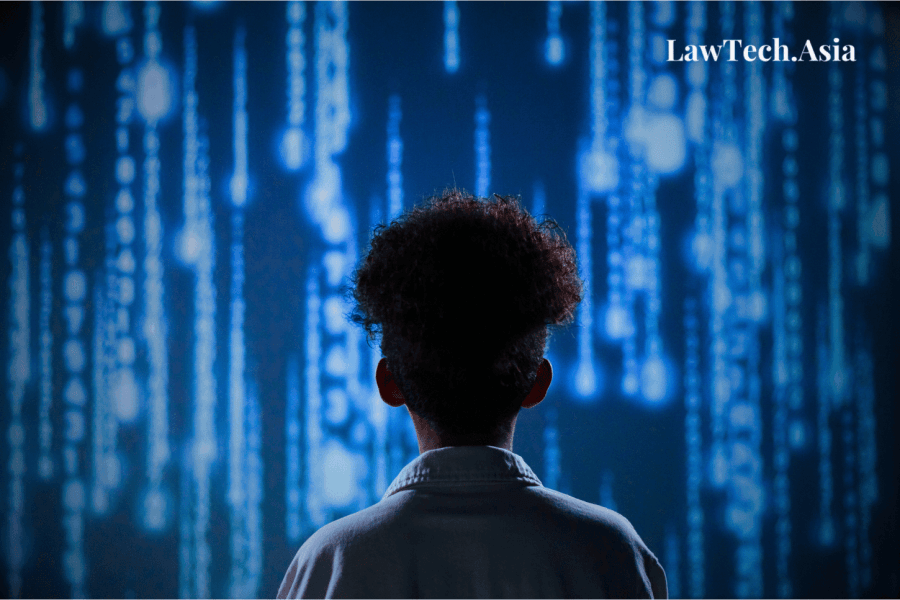Written by: Peng Huijuan
Introduction
Artificial intelligence (“AI“) has become a transformative force across a range of industries, including healthcare, finance, education, transportation, and entertainment. Its ability to analyse large datasets, automate complex processes, and enhance decision-making has revolutionised these sectors. However, the rapid pace of AI development has outpaced the capacity of existing legal frameworks to provide effective regulation, leading to significant regulatory gaps and uncertainties. These gaps not only hinder innovation but also fail to address critical societal concerns, including privacy, ethical use, and accountability (Calo, 2017). This regulatory lag, often referred to as the “pacing problem,” describes the growing disconnect between the rapid progression of emerging technologies and the slower evolution of the legal and ethical frameworks required to govern them (Marchant, 2011).
Traditional regulatory approaches, typically rigid and slow to adapt, are ill-suited to rapidly evolving technologies like AI. As a result, there is an urgent need for a novel regulatory paradigm that can keep pace with technological advancements while preserving legal certainty and protecting societal interests. This paper introduces the Evolved AI Regulation Framework (“EARF“), an adaptive regulatory model inspired by evolutionary economics. EARF integrates the principles of variation, selection, and retention with inclusive stakeholder engagement, ethical alignment, and global coordination. By adopting this adaptive approach, the EARF aims to create a regulatory environment that evolves alongside with AI technologies, fostering innovation while safeguarding public interests and societal values.





